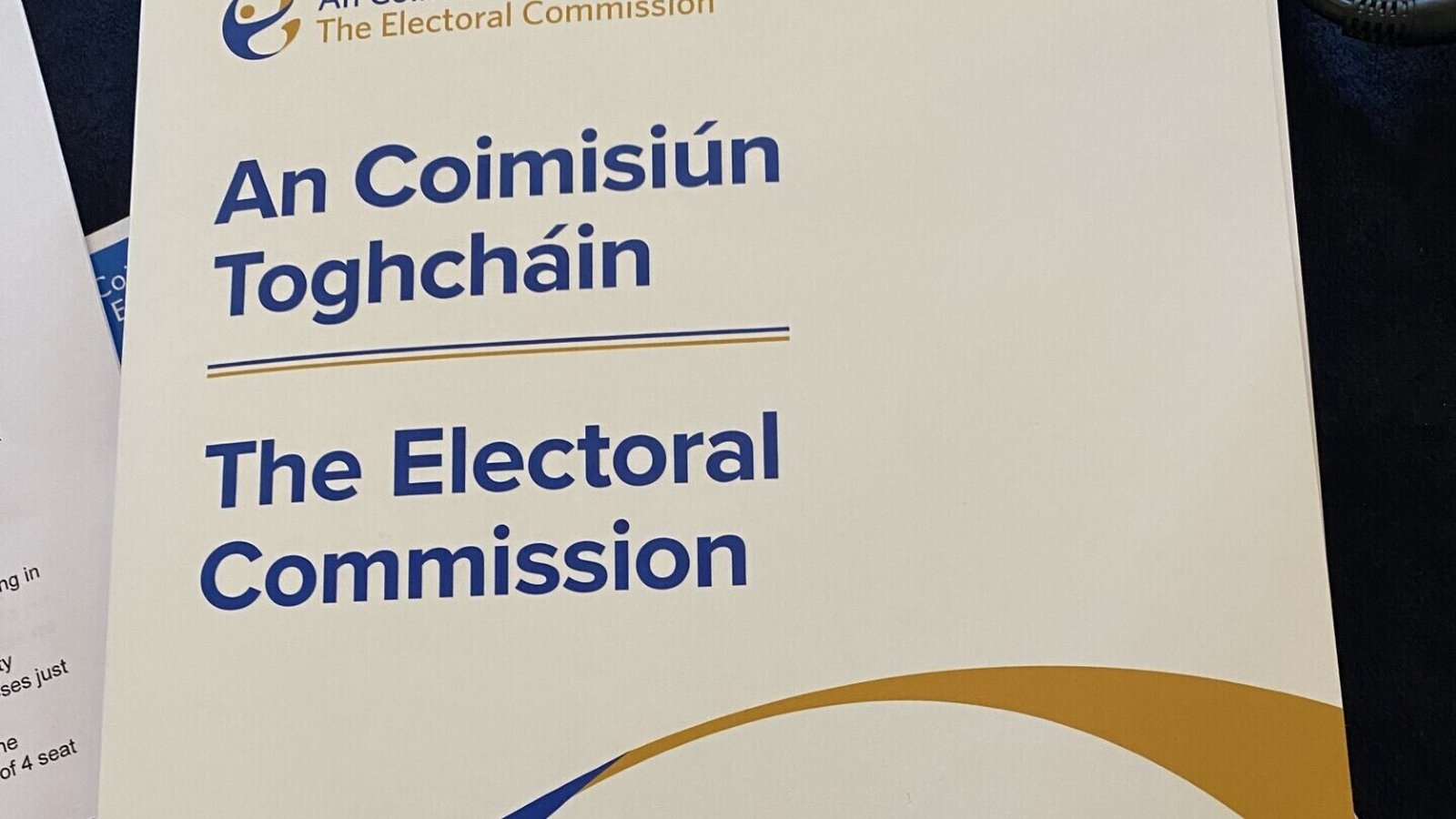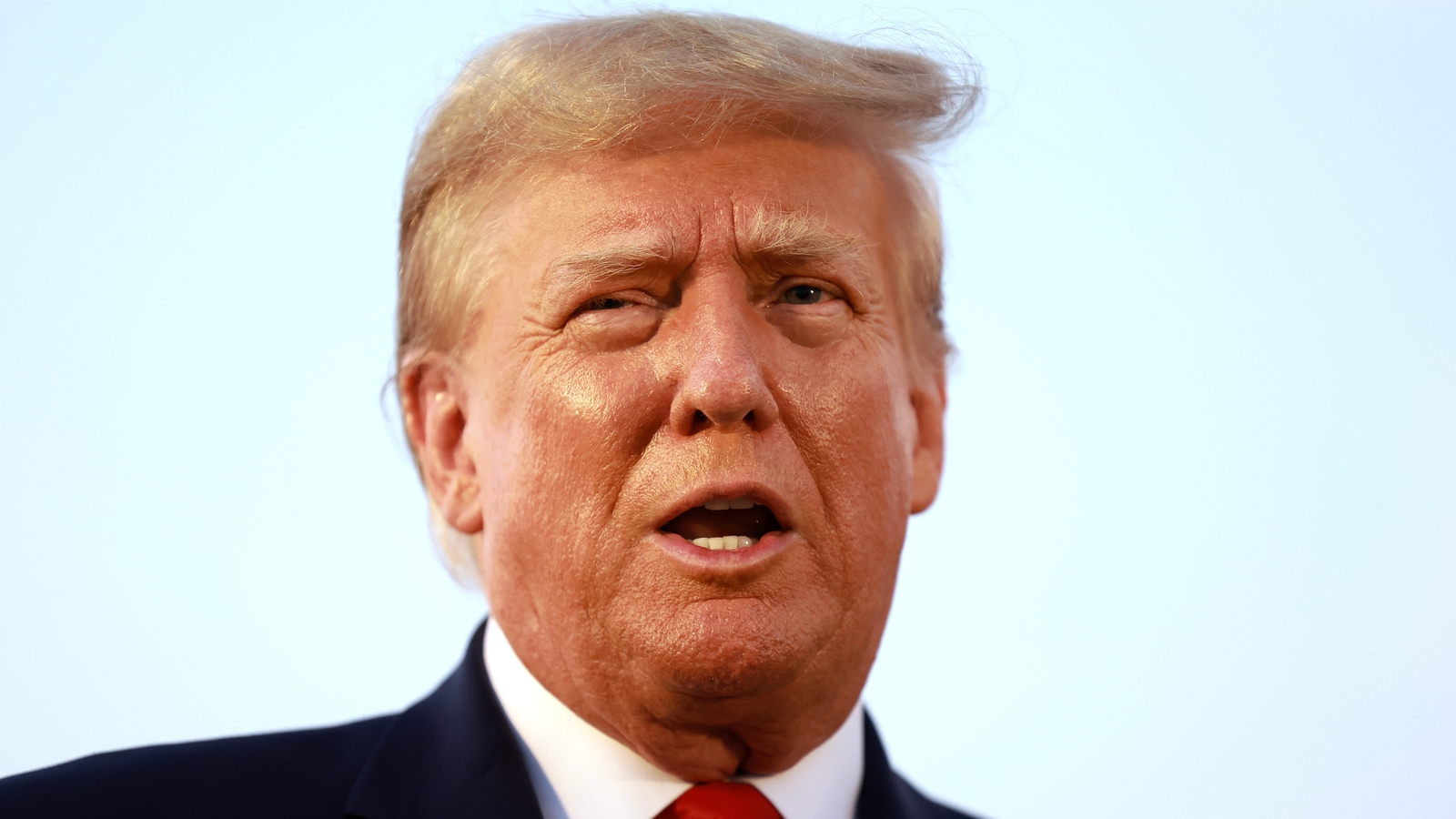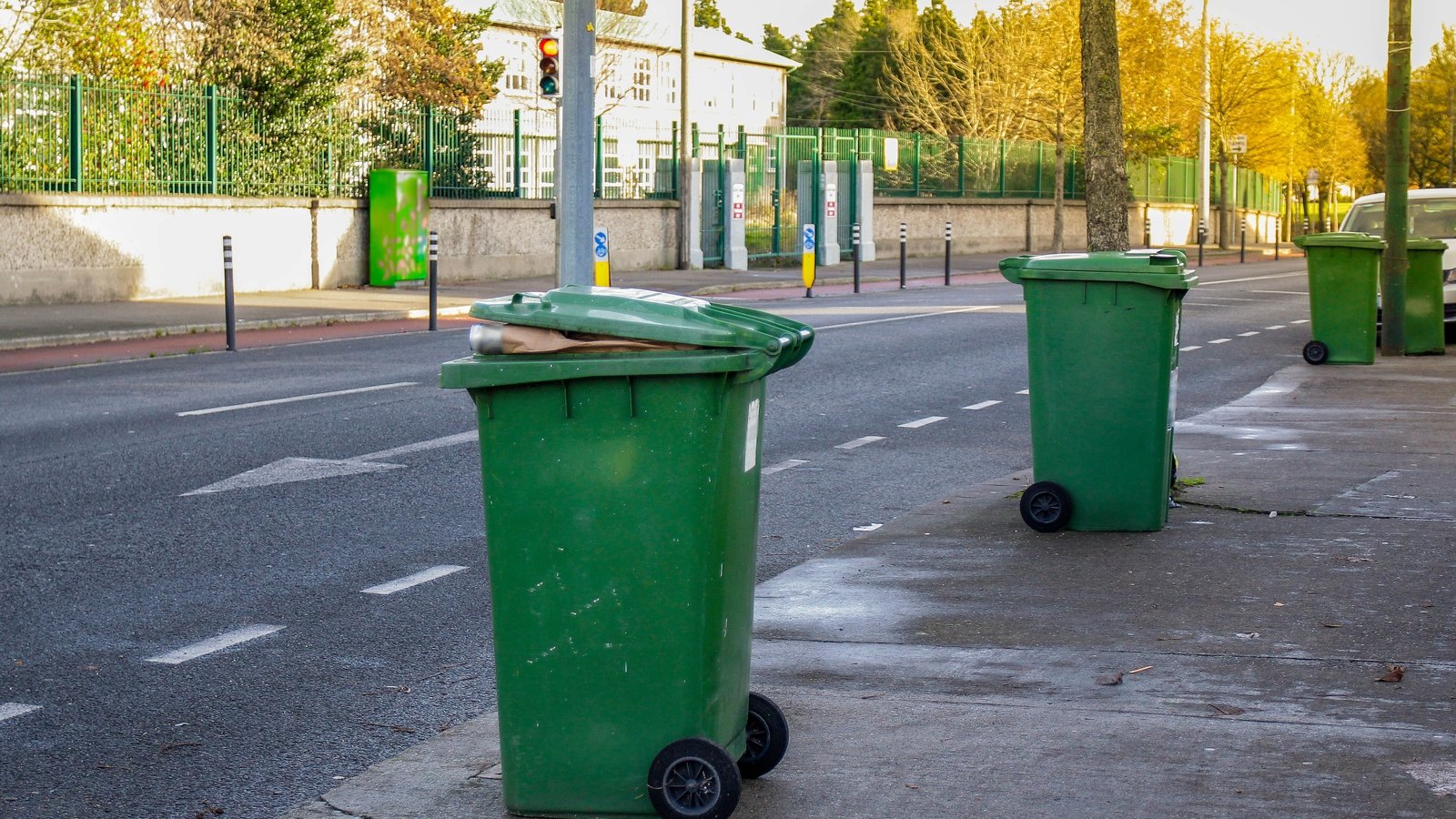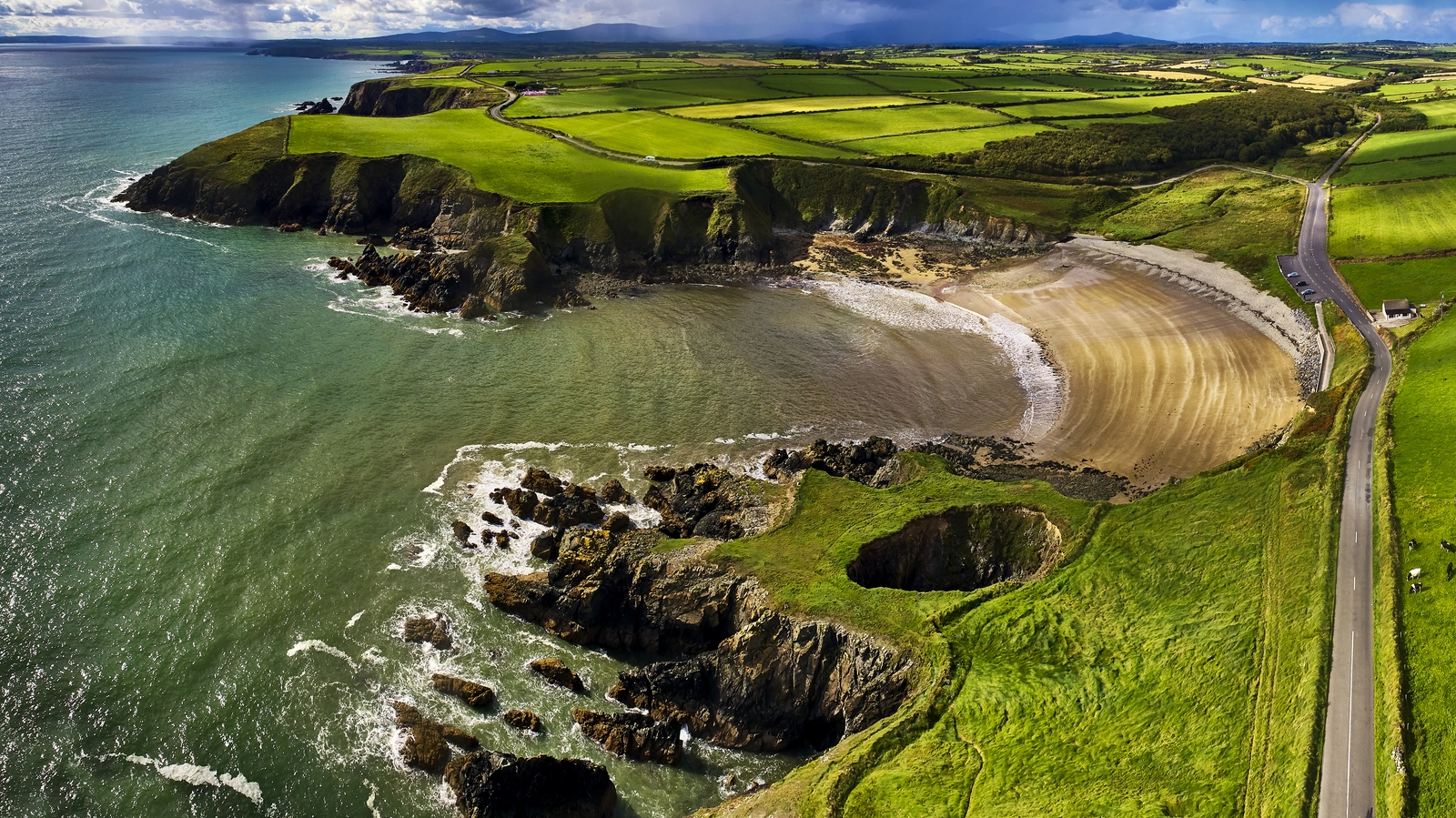EU leaders seek €50bn deal for Ukraine as Orban resists
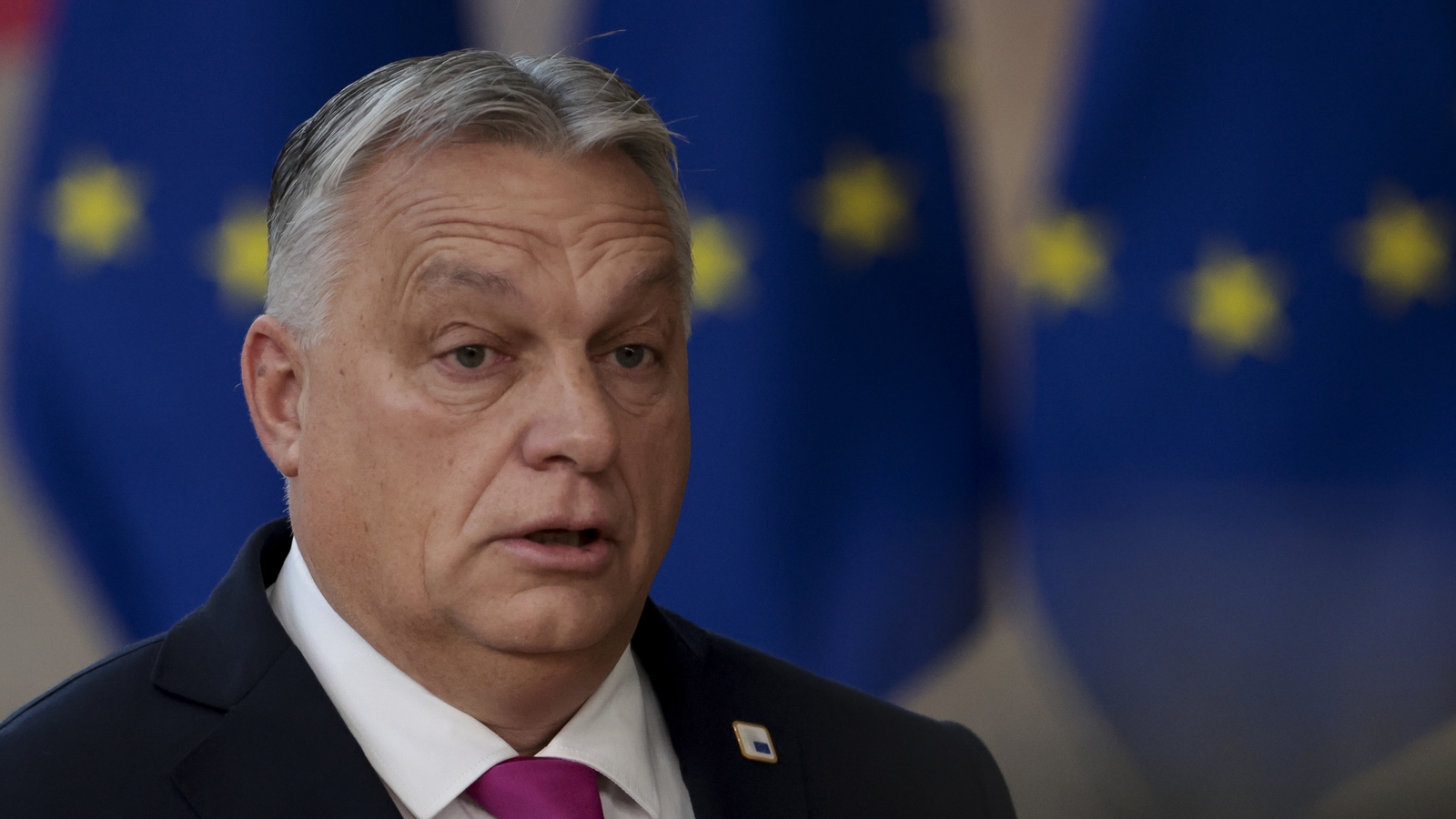
Taoiseach Leo Varadkar is joining other EU leaders in Brussels for an emergency summit to try to agree a €50bn aid package for Ukraine, which has been blocked by Hungarian prime minister Viktor Orban since late last year.
Mr Orban, who is an ally of Russian president Vladimir Putin, is expected to come under strong pressure from other leaders to agree the funding.
If no agreement is reached, leaders will have to construct a special mechanism outside the EU budget.
Rarely has there been an EU summit with such a build up of anger and frustration directed at the leader of one member state.
Viktor Orban has single-handedly held up €50 billion in EU funds designed to give Ukraine a predictable source of income over a four-year period while it fights a brutal Russian invasion.
Mr Orban dug his heels in during December’s summit, so it was decided that leaders would take a break and come back in January, with a solution worked up in the meantime.
However, diplomats say there has been no movement, and that 27 prime ministers are back where they were has certainly added to the frustration.
Hungarian officials said they would agree to the funding package if Mr Orban gets an annual veto on the money being renewed. That is a red line for other leaders.
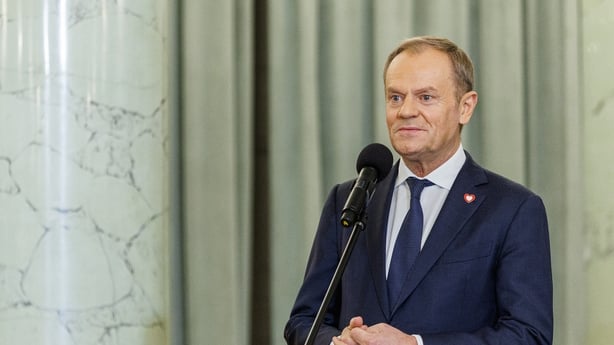
Officials say the mood in capitals has darkened because of the risks to the Ukrainian economy and its war effort, with the spectre of a Russian victory now not so fanciful in the long run.
If Mr Orban continues to refuse, leaders could construct an off-budget mechanism to get the money to Kyiv, but it would be more expensive, and would need the support of many member state parliaments.
“One way or another, we will find some solution, with or without Orban, to support Ukraine,” Poland’s Prime Minister Donald Tusk said.
Mr Orban, a veteran of numerous run-ins with Brussels, will not be easy to convince and the summit in the EU capital is set to last for hours.
The Hungarian leader struck a combative note as he arrived in Brussels yesterday evening, posting a photo of himself with the caption: “We Saddle Up!”
Mounting frustration at Hungary has seen calls grow for other leaders to use the EU’s Article 7 to strip Budapest of its voting rights.
That would take unanimity from all other 26 leaders, and few have been willing to push publicly for this “nuclear option” just yet.
Several hundred farmers also planned to converge their tractors on Brussels to bring the grievances of the agriculture protest movement to the EU’s doorstep with the flood of cheaper Ukrainian imports triggered by the conflict high on their list of complaints.
The major leverage for Brussels is around €20 billion in frozen EU funds that it refuses to give Budapest because of its poor record on issues including corruption and LGBTQ rights.
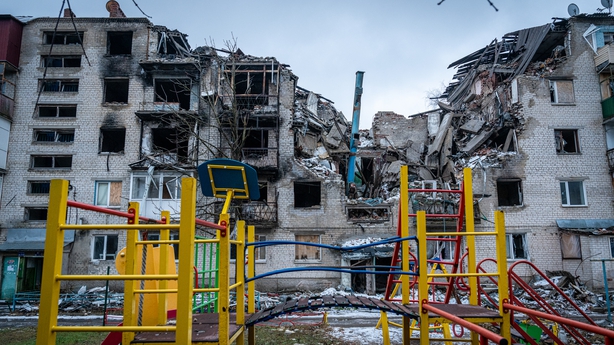
In December, Mr Orban allowed through a decision to open membership talks with Kyiv a day after getting a separate €10 billion released from Brussels.
And there are strong suspicions that he is attempting a similar move now to try to get further funding, even if Brussels insists the two issues are not linked.
“It’s not about Ukraine, but basically Orban is using this opportunity to blackmail the institutions of the EU and other member states,” a senior European diplomat said.
While the focus will be on Mr Orban and the general funds for Kyiv, leaders are also set to debate the future of EU military support for Ukraine.
German Chancellor Olaf Scholz, whose country is the largest European donor to Ukraine, has called for others to lay out their military support and do more to help Kyiv.
“We will do everything to ensure that the joint contribution from Europe is so huge that Ukraine can build on it and that Putin would not be able to count on our support waning at some point,” Mr Scholz told the German parliament.
Accusations have been levelled that key EU economies such as France, Italy and Spain are not pulling their weight on arming Ukraine.
The EU’s diplomatic service is pushing for an extra €5 billion for the military fund but Germany has been arguing contributions should be offset against bilateral aid.

